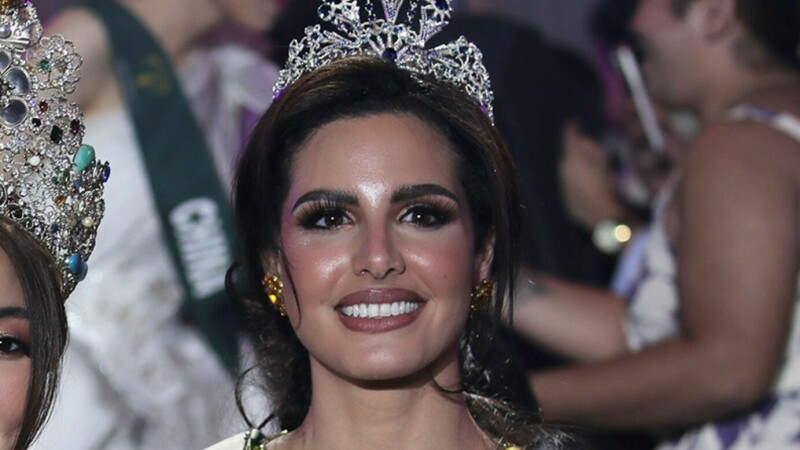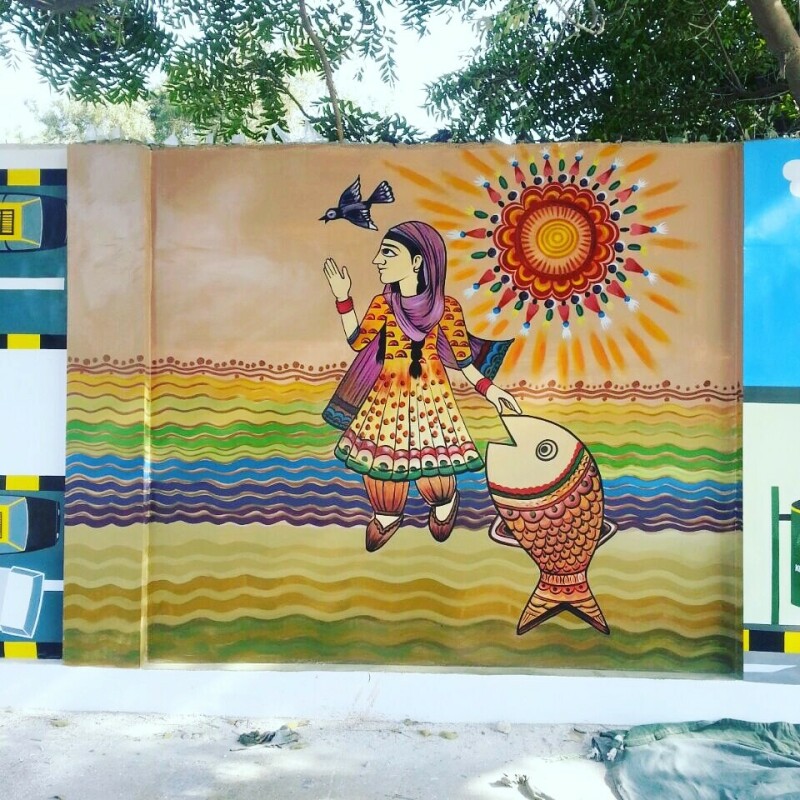‘Saris were only for married women’: Mushk Kaleem says she wasn’t allowed to wear a saari growing up
Saris solely being the domain of married women is a common misconception that has been floating around for a while, limiting single women from draping the elegant garment. Model Mushk Kaleem is among many who went through this and some still go through this. She revealed that she wasn’t allowed to wear a sari growing up, which made her feel like an outsider.
On Sunday, she posted a black and white photo of herself in a sari, sharing the flashback that took her to her younger self. “Story time: I wasn’t allowed to wear saris — never wore them to any of my farewells. My mum said saris were only for married women. It’s something I would argue about so much because I would always feel like a fish out of water at these events — all my friends in their gorgeous colourful saris and then me, not following the dress code, feeling miserable. So much so, I wouldn’t even get photos taken. I remember I wouldn’t partake in any conversation regarding the farewell prep. I wouldn’t be excited,” she wrote.
Reflecting on the matter deeply, she pinpointed the reason it impacted her so much. “I guess it wasn’t that I wanted to wear a sari, it’s that I just wanted to avoid feeling like I didn’t belong.” She said the photo took her back to her 15-year-old self in 2010, “standing in the Pochaji hall of Mama Parsi”.
Though it may seem like a trivial issue to some, it is actually a big deal to many. It all comes down to restricting someone’s personal autonomy. Let women wear what they want — it’s as simple as that. The fact of the matter is, saris are iconic and all women who want to wear them should rock them as they please.














Comments